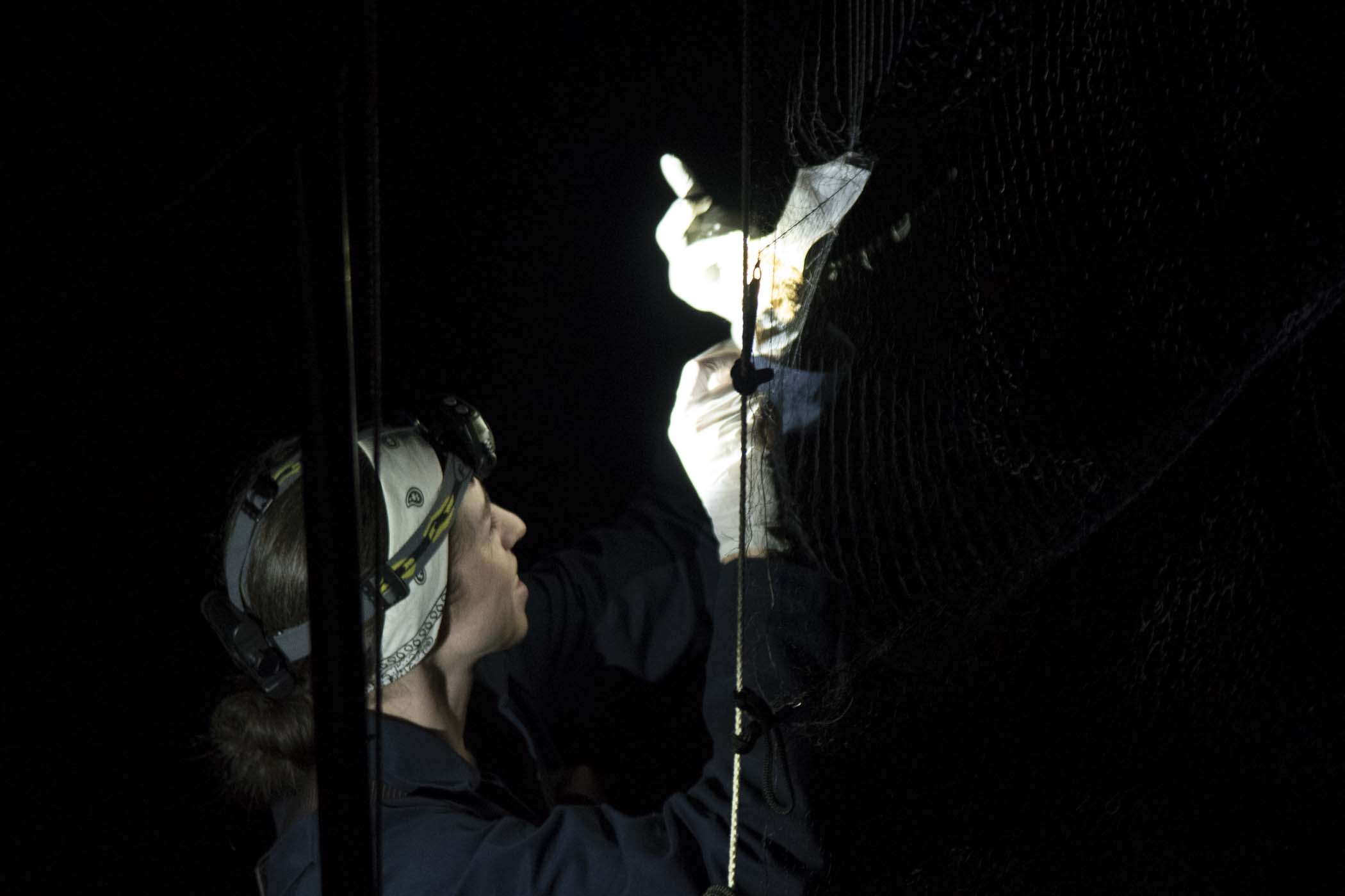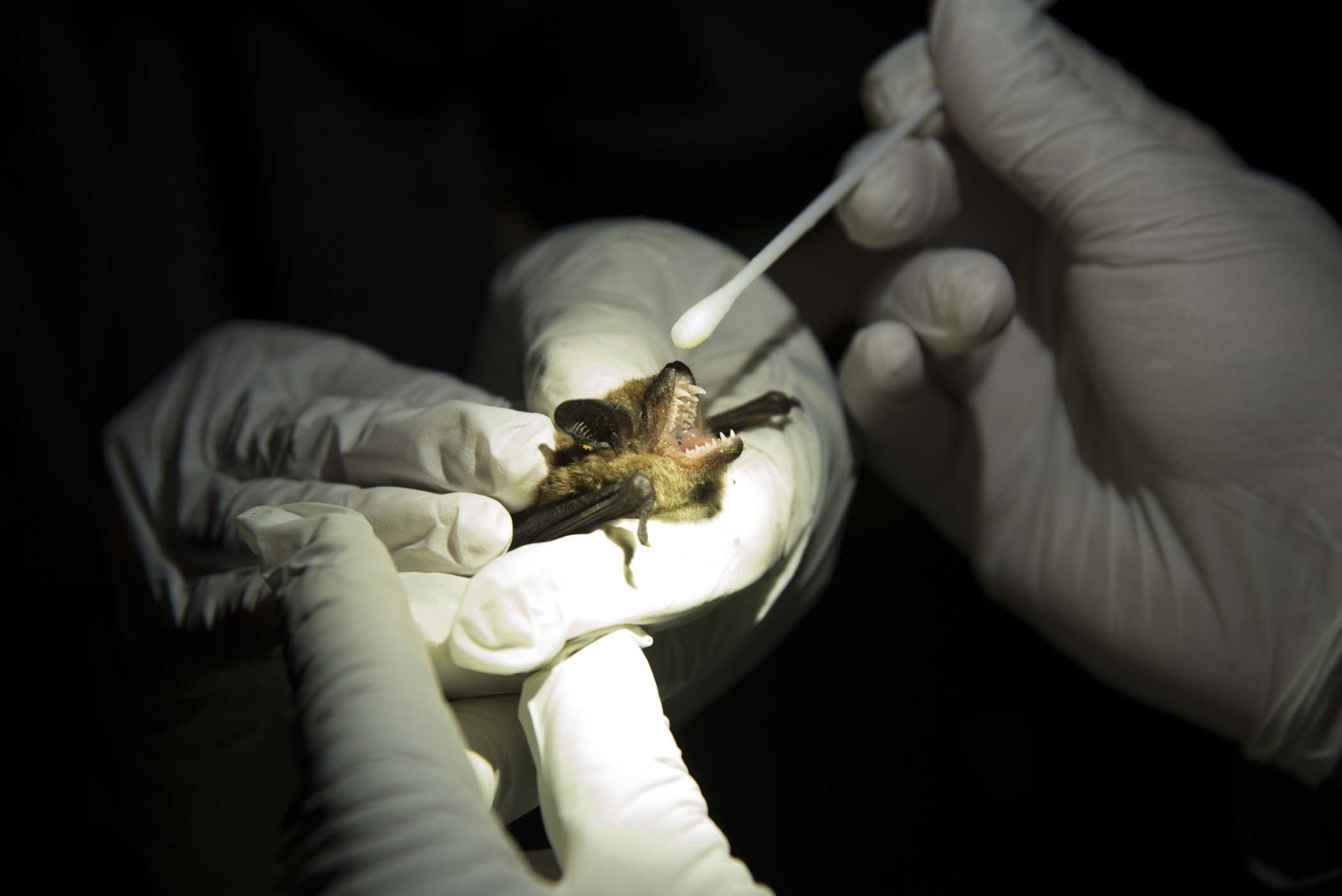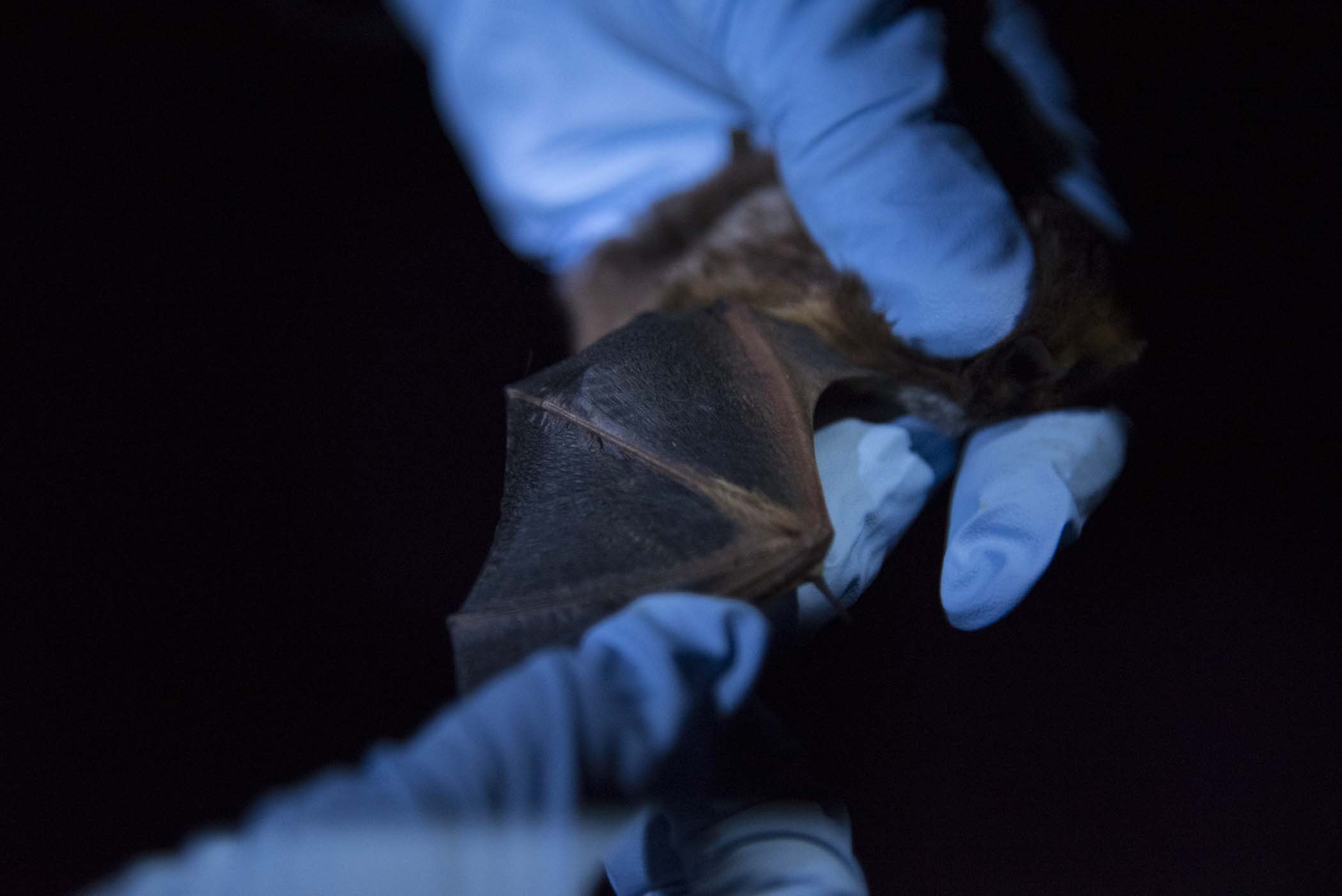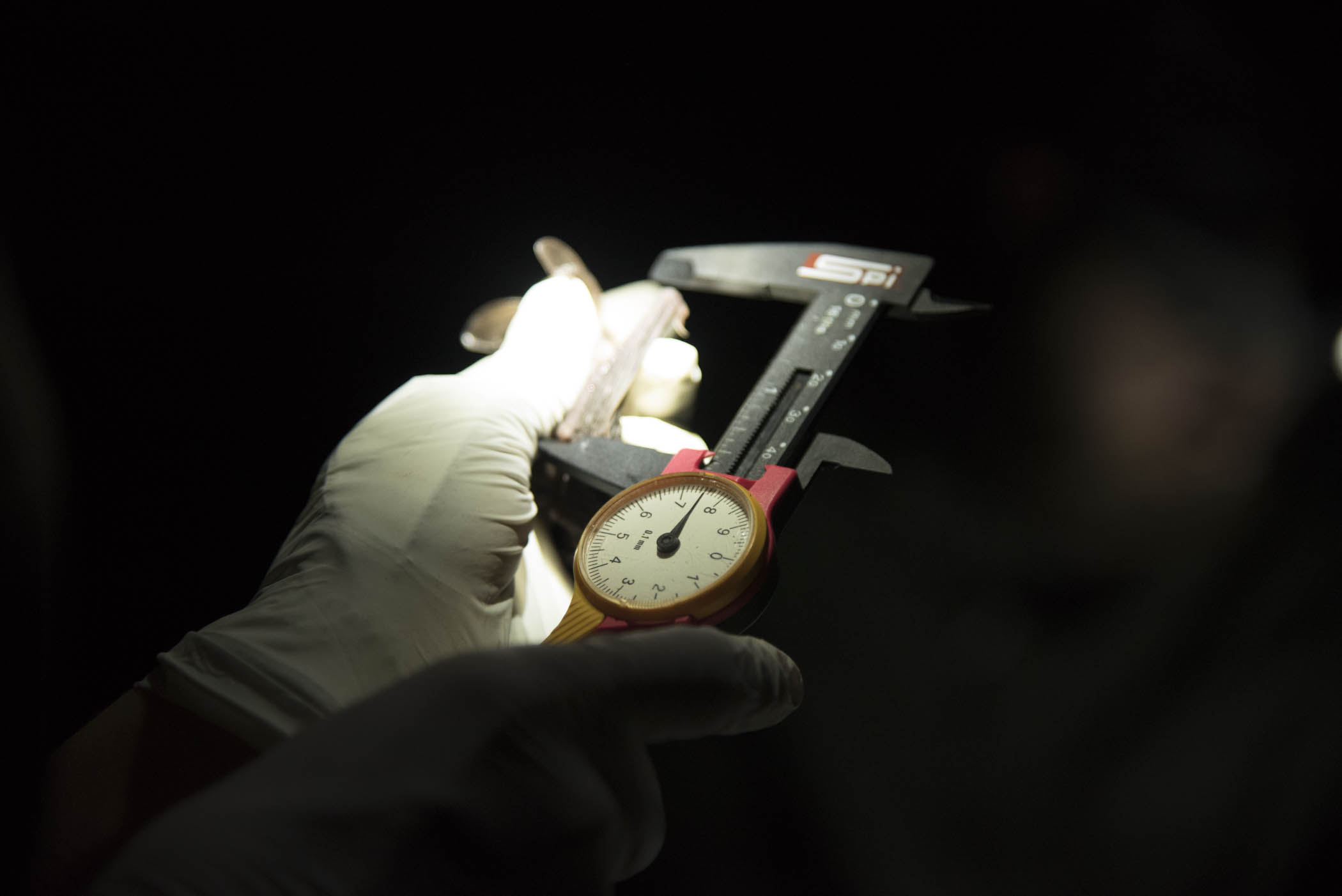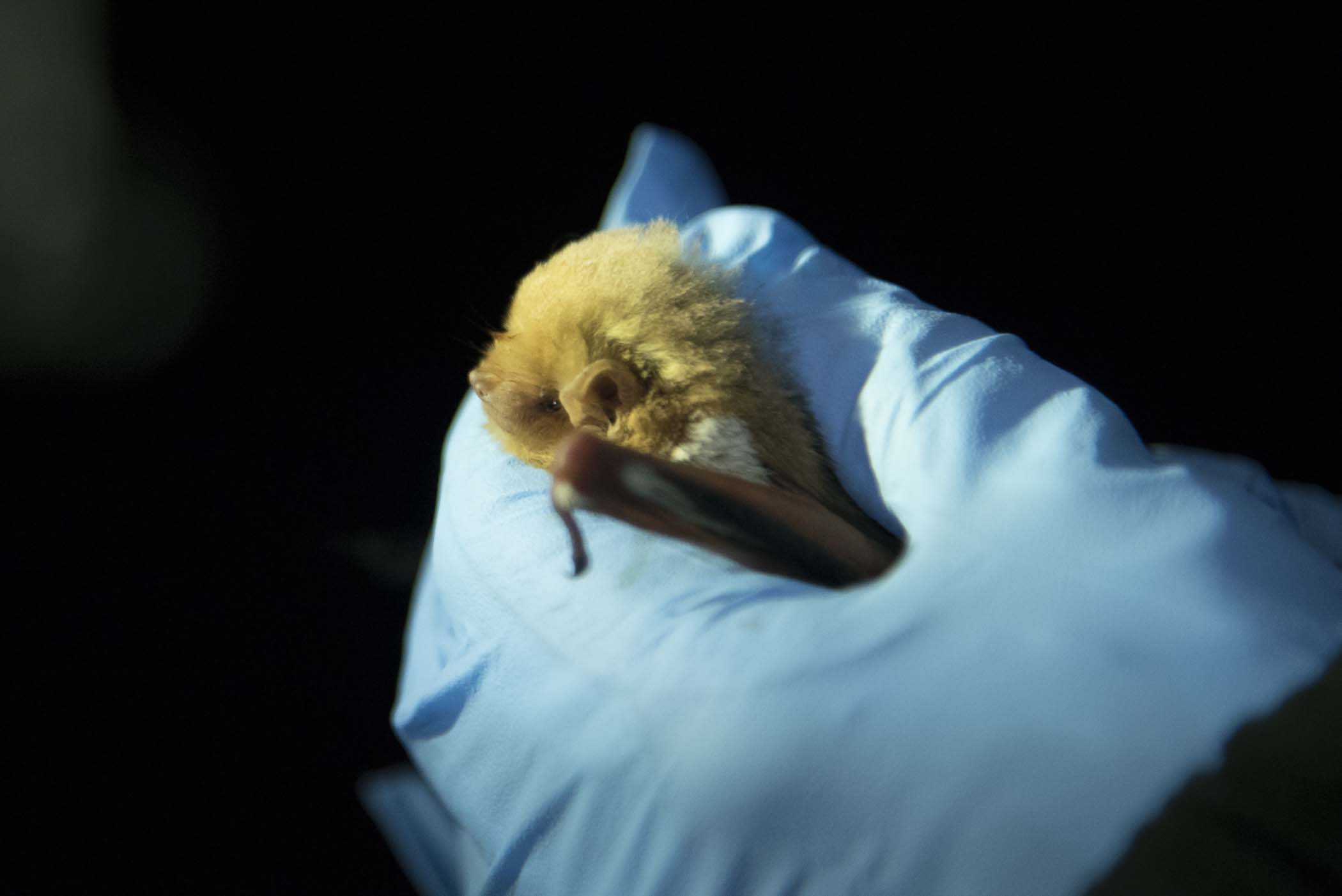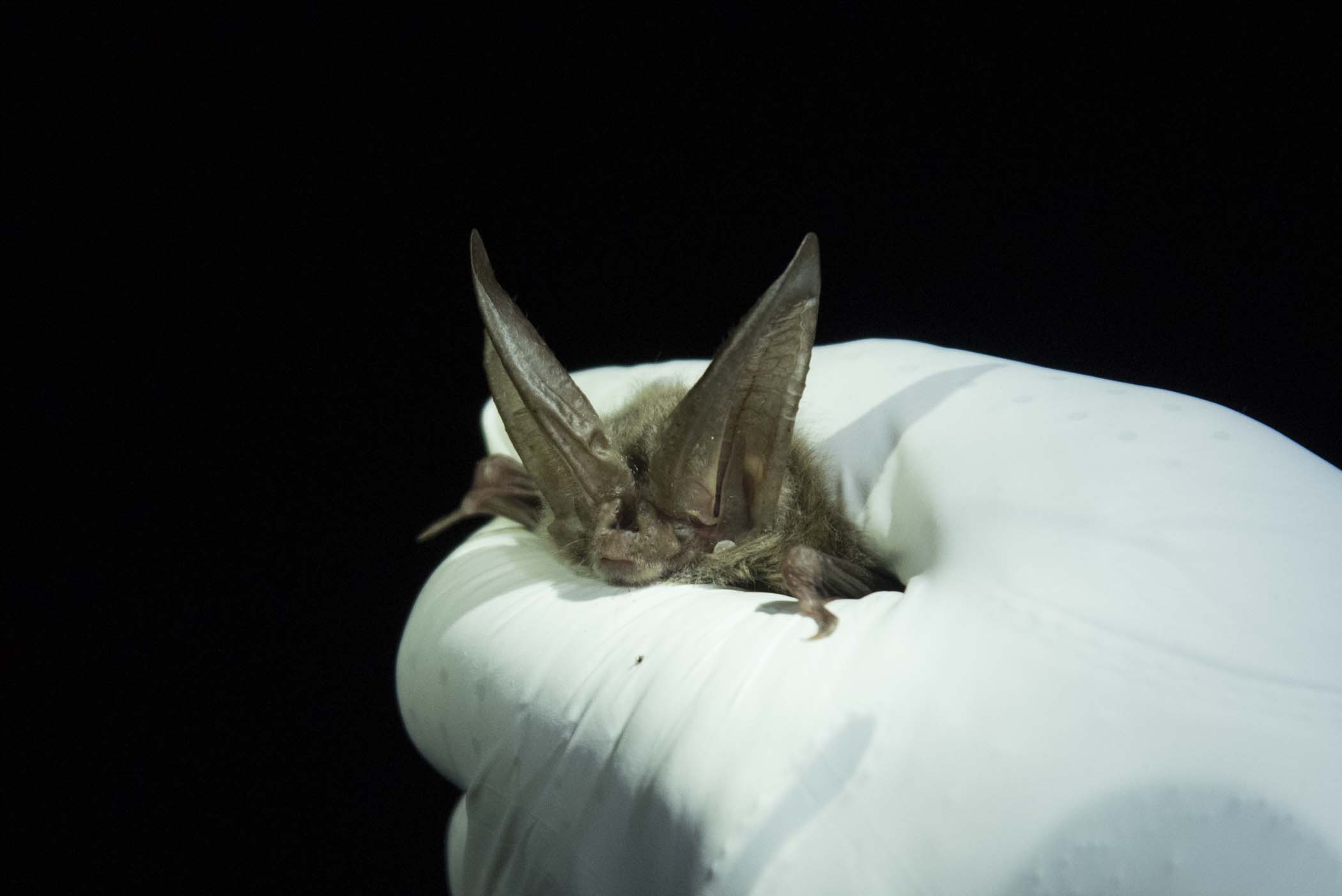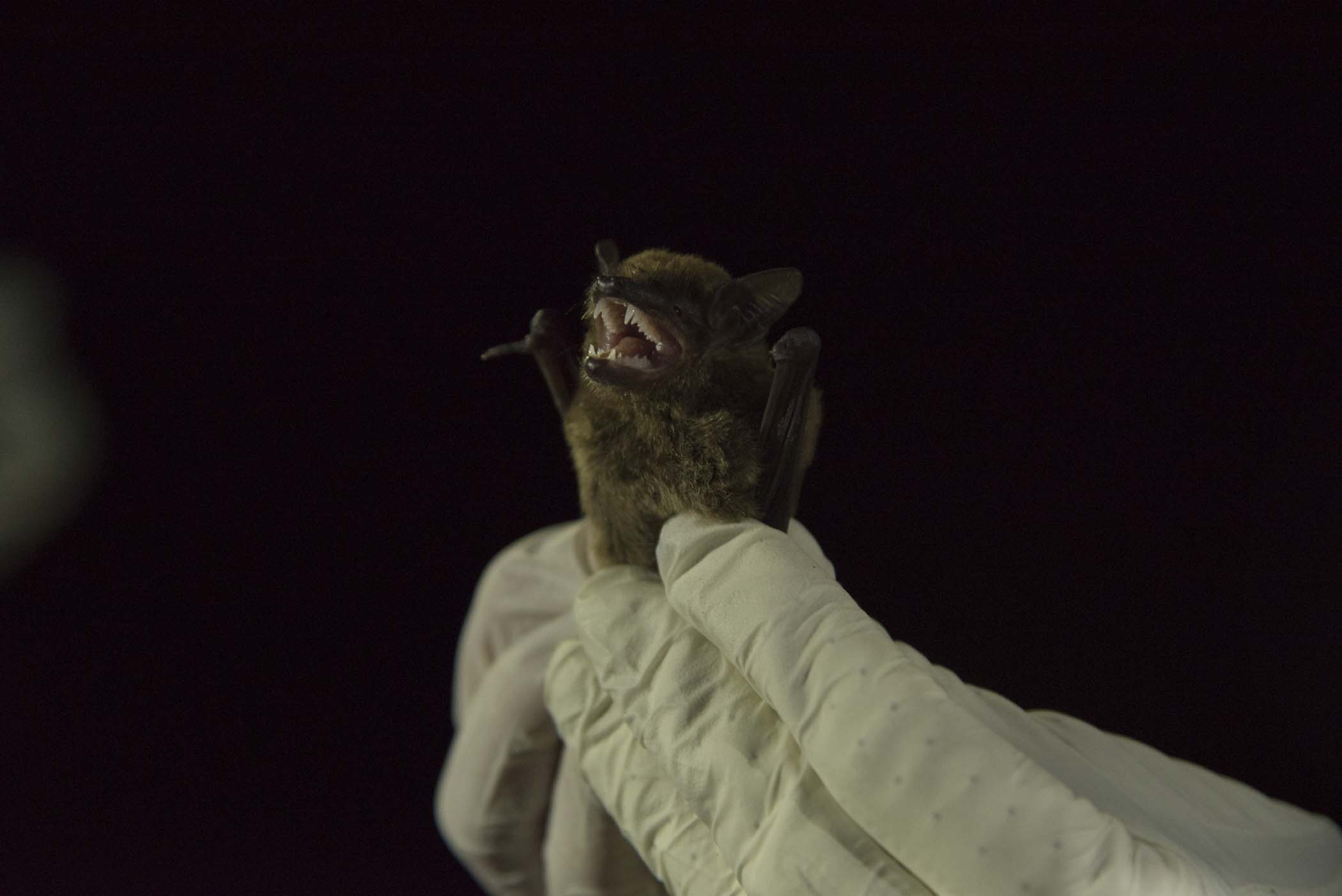Little Cedar Mountain Bioblitz 7/19/16
This past weekend we had another TVA sponsored Bioblitz at Little Cedar Mountain near Chattanooga, TN. A bioblitz is an event where people come and collect specimen through out the day and usually along a hike. then all the specimen are brought back to the starting point where the are photographed and put into an app like iNaturalist where people can see and help identify them. I was the main photographer cataloging the specimen this time and I really love this kind of photography because you can get up in really close detail to the organisms you see. I am also well versed in Photoshop and with the camera i have I am able to make large high quality files that I could use to make beautiful prints. We saw some really amazing specimen! Here are a few pictures. (Coming soon!)
Assassin Bugs 7/5/16
Assassin Bugs are a very elusive species of predatory bugs. There have only been a handful of sightings and findings over the years here in the park. Myself and biology intern Michael Widmann are continuing the search for them! It's one of the species here in the park that hasn't had much research done on them because of the difficulty in finding them. We've gone all over trying to find them. We've gone to Cade's Cove and done sweep netting through the fields that have some wild flowers, we've been in the forest around Elkmont searching in rotting logs and in the tree bark, and most recently we went to Purchase Knob in the North Carolina side of the park to do night trapping. Night Trapping is a technique where you put out a bucket that has a light that emits a certain kind of light. The bugs then fly into the light and fall into a funnel that leads to a container of some kind. We had these traps set up for about 10 hours.
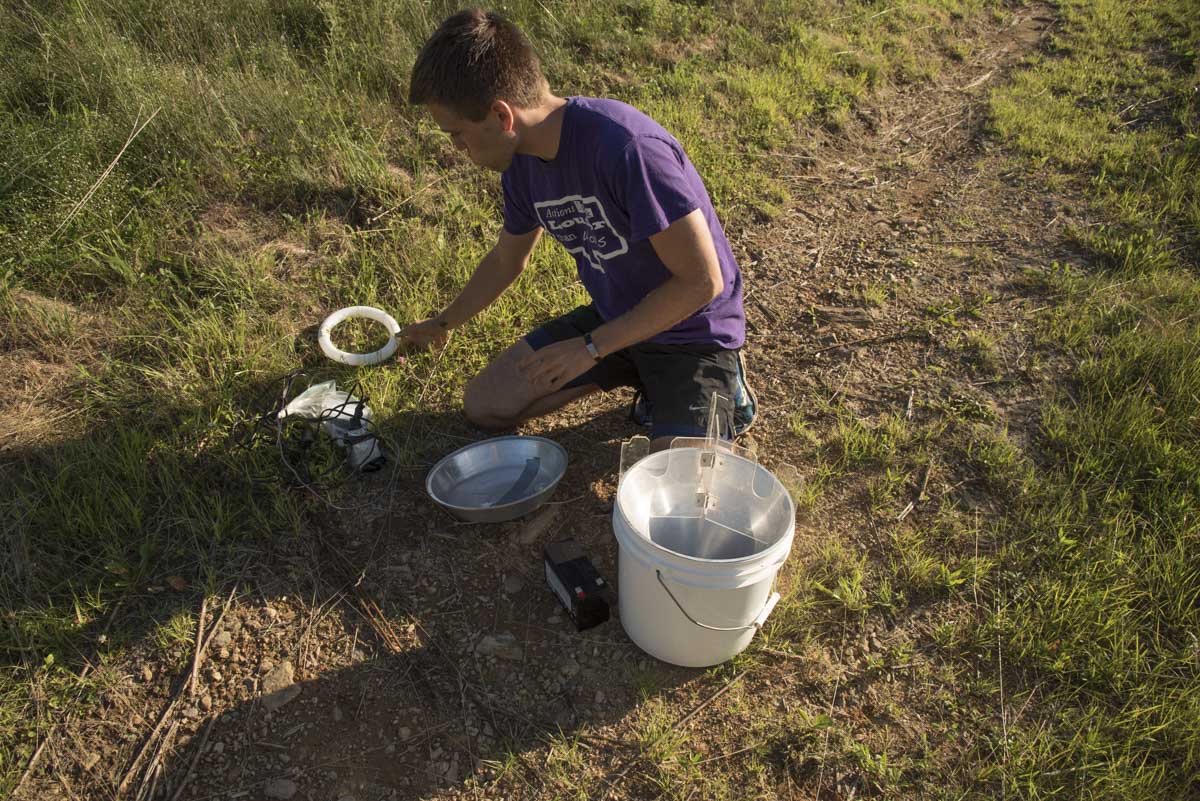
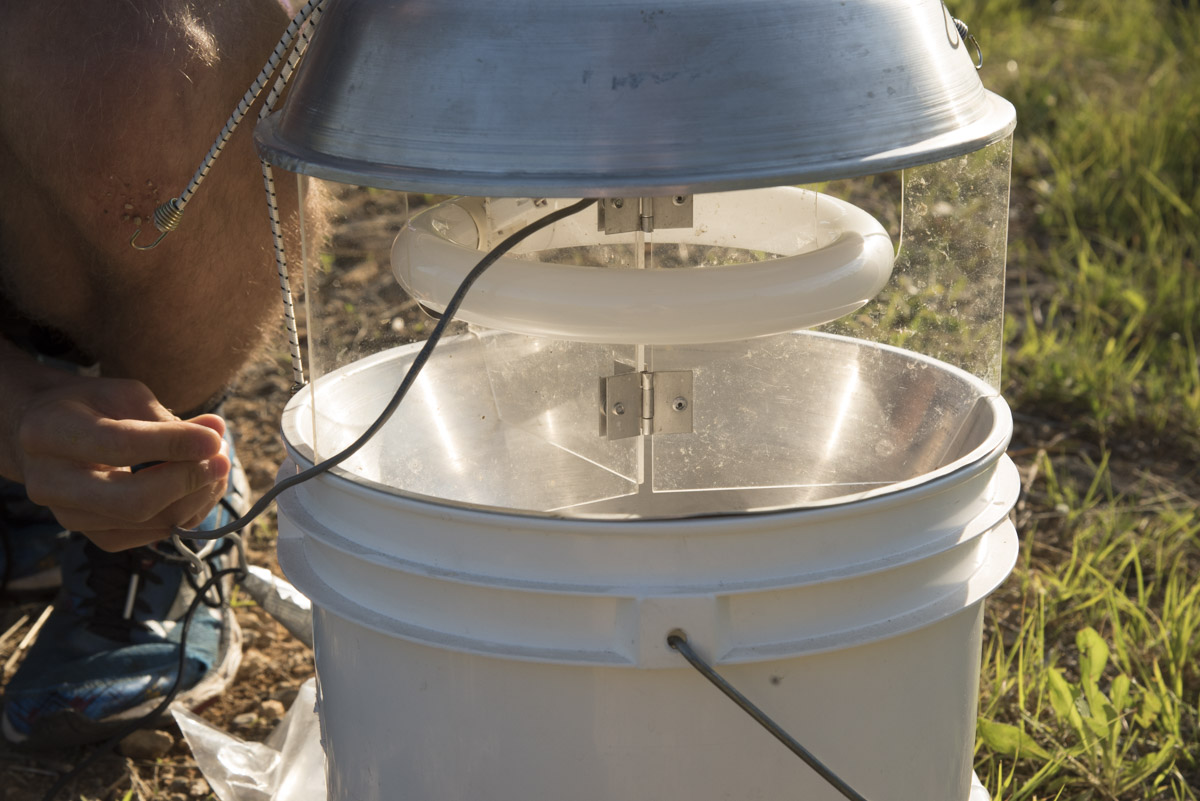
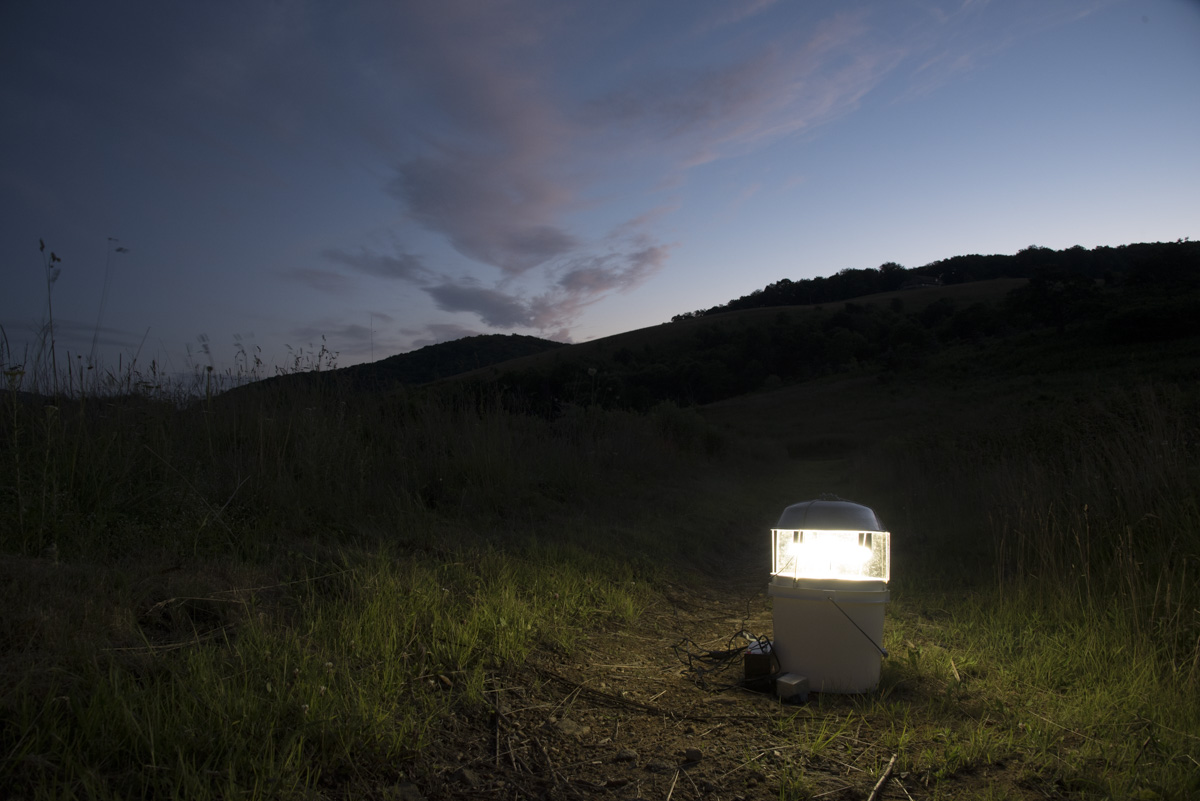
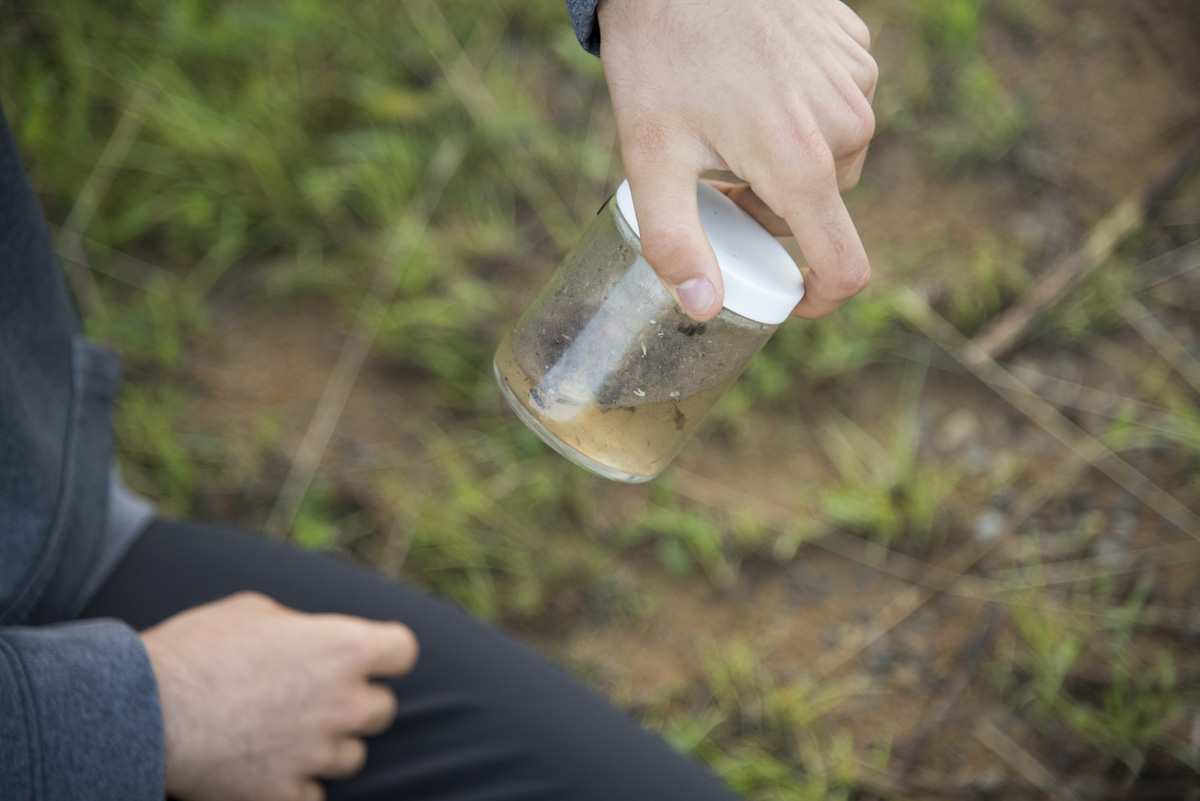
Bats 6/16/16
There are many caves in the Great Smoky Mountains. Currently many of these caves are closed due to a disease that has affects bats called White Nose Syndrome, a fungus that grows around the nose. This fungus affects most bats during the winter months during hibernation and causes them to fly around during the day and be near the opening of the space they are hibernating in. Unfortunately this leads to millions of deaths of hibernating bats.
The interns with Discover Life in America have been out numerous times with Grace Carpenter, a PhD student from the University of Tennessee. Grace has been doing her work tracking a species of bat commonly known as the Tricolored Bat, one that is disappearing from local environments, as well as helping gather data on the current population numbers of various species native to the park and help stop the spread of White Nose Syndrome.
